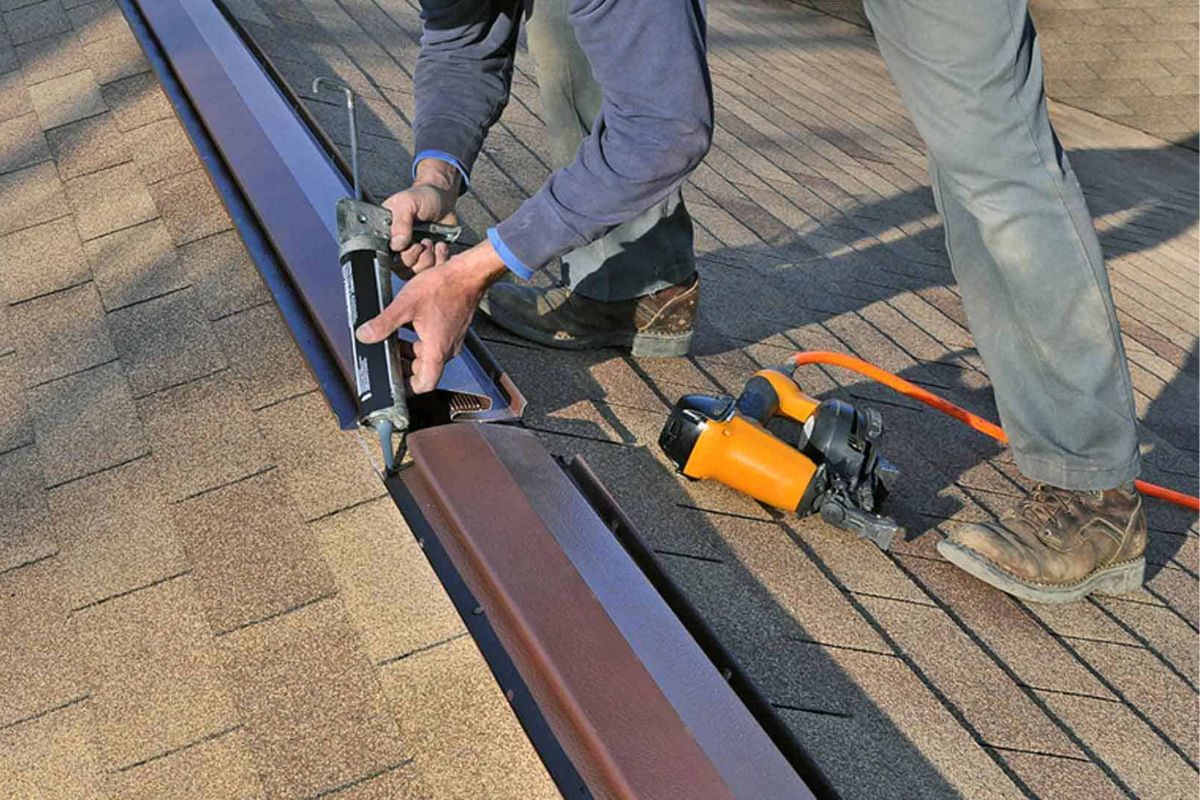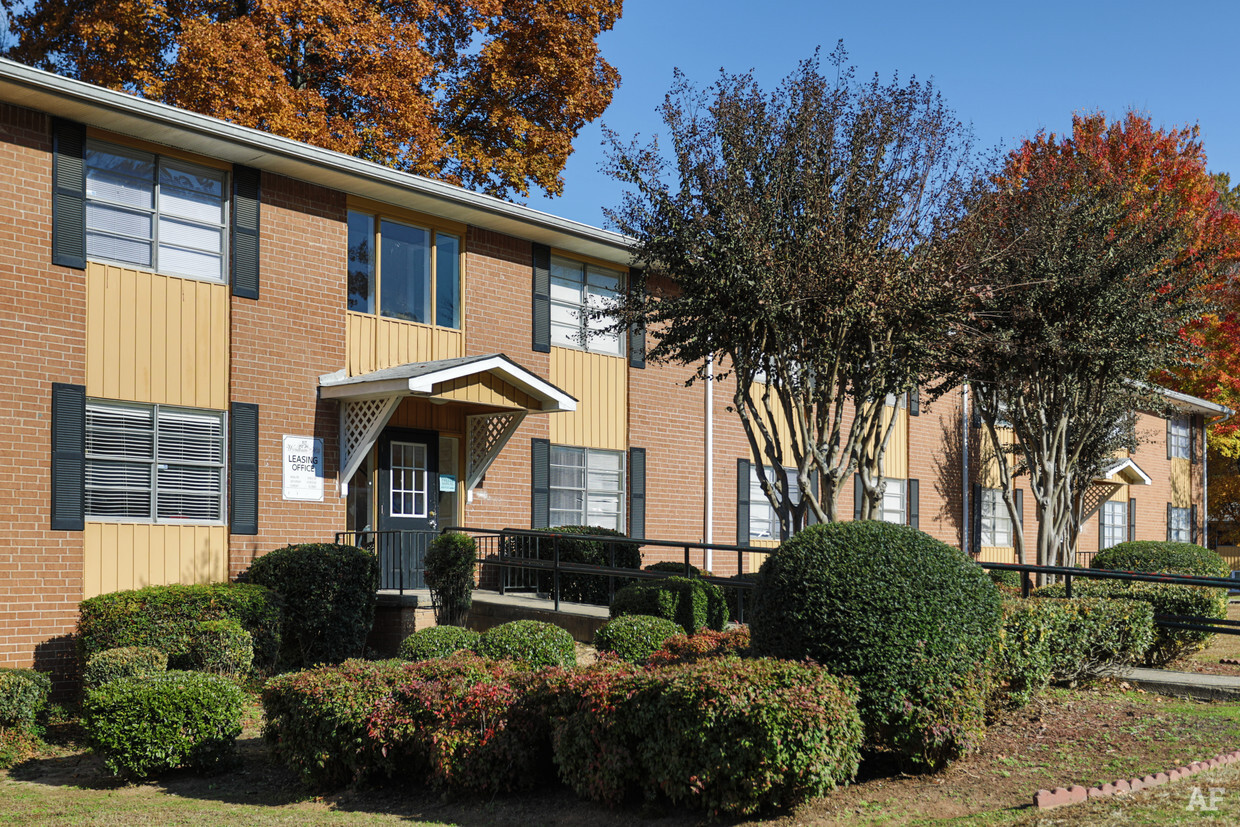House arrest is an alternative to incarceration that allows offenders to serve their sentences at home instead of in prison. While under house arrest, there are strict rules and limitations placed on an individual regarding where they can go and who they can have contact with.
In this article, we will explore the rules around visiting privileges while on house arrest.
Can you have visitors on house arrest?
In most cases, house arrest does permit visitors. Family members, friends, and even licensed professionals like counselors or religious advisors are usually allowed to visit an individual doing house arrest. However, any visitors must be approved in advance by the court or probation officer overseeing the house arrest terms. Unannounced or unauthorized visitors are typically prohibited.
Visits may also be subject to searches or monitoring to ensure compliance. Maintaining social connections can help with rehabilitation, so permitting some visitation is seen as beneficial when done within clear boundaries.
Who is allowed to visit during house arrest?
As mentioned, immediate family, close friends, and licensed professionals are normally approved as visitors during house arrest. However, the specific individuals will need pre-approval from authorities. Anyone with a violent history, criminal background, or that poses a risk may not be granted permission to visit.
Minors also generally require guardian consent. It's important for the individual on house arrest to disclose all potential visitors upfront to gain clearance before any visits occur. Failing to obtain proper approval or having contact with unauthorized or restricted individuals can constitute a violation.
Related: Can I Rent An Apartment For Someone Else?
How are visits monitored or enforced?

Most jurisdictions have certain protocols for monitoring approved visits during house arrest. Common practices include requiring all visits to take place during designated hours, limiting maximum length or frequency, and subjecting visitors to ID checks or searches upon arrival/departure.
Electronic monitoring via ankle bracelets may also track when visitors are present. Offenders are expected to be openly accessible and not interact privately during check-ins as well. Strict bans on alcohol, drugs, or other banned activities remain in effect too. Close oversight deters noncompliance to uphold public safety.
What are the consequences of unauthorized visits?
Allowing unauthorized or unapproved visitors is taken very seriously as it violates the core terms of house arrest. Some potential consequences include:
-
Termination of house arrest and reincarceration in jail/prison.
-
Extension of the original house arrest period through added time.
-
Revocation of future visitation privileges for a set duration.
-
Fines and additional criminal charges like aiding escape.
-
Poorer consideration for parole or early release in the future.
It's crucial that anyone serving house arrest thoroughly understands and follows all visitation conditions to avoid facing serious legal repercussions. Unauthorized contact can often lead straight back to incarceration.
Who pays for monitoring visits?
Most jurisdictions require the individual serving the house arrest sentence to bear the administrative and equipment costs involved with visit monitoring.
This may include fees for electronic bracelet usage during approved visiting windows, ID verification systems, or overtime paid to probation officers for enhanced check-ins. Some places do offer partial or full fee waivers based on an assessed ability to pay.
It's important to clarify upfront what expenses are involved to plan accordingly. Affordability issues aren't a reason to circumvent the rules.
How far in advance do visits need to be scheduled?
Advance notice periods for pre-approving visits during house arrest can range from as little as 24-48 hours to up to two weeks depending on the jurisdiction and level of restriction.
More flexible policies tend to apply to immediate family, while past offenses may merit longer lead times of five days or more. Emergency or medical situations with rapid onset are exceptions requiring immediate contact with authorities.
To be safe, it's best to plan social visits as far ahead as the local guidelines demand to avoid last-minute denial or violation accusations.
Can house arrest be violated for other reasons involving visitors?
Yes, while physical approval of visitors is a major aspect, house arrest conditions also encompass supervisory oversight of all contact and activity during visits themselves.
Things like possessing/using drugs/alcohol, witnessing unlawful behavior, participating in intimate/sexual relations, or leaving the property unescorted could spark other violation charges even with an approved guest.
Hosts must maintain composure and follow all general and special rules of their sentencing terms no matter who is present. Any aspects that threaten successful rehabilitation or rehabilitation jeopardize freedom.
Conclusion
In conclusion, while house arrest aims to balance punishment with rehabilitation back into society, visitation is a privilege contingent on full compliance at all times. Minor guidelines around pre-approval, monitoring, and conduct during visits exist to uphold both public safety and the integrity of the alternative sentence.





